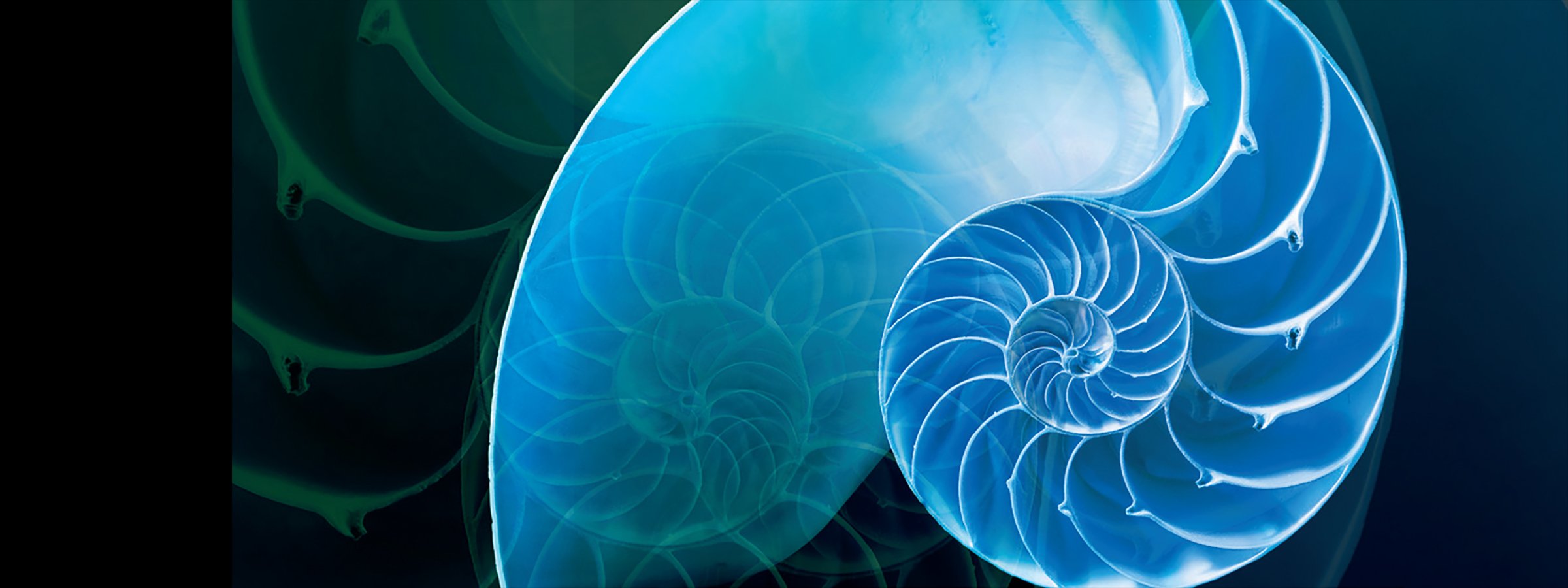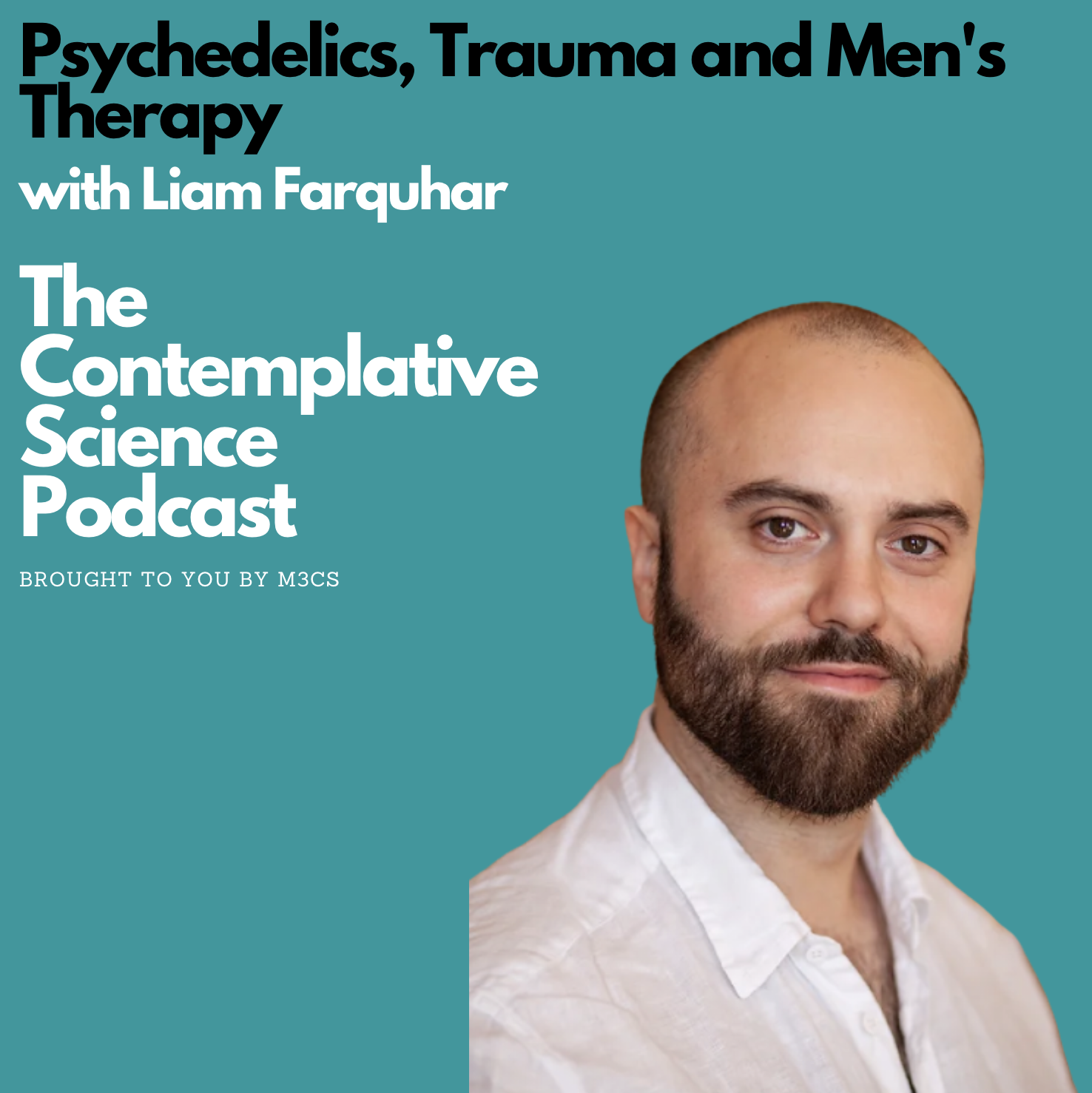The Intersection of Psychedelics and Non-Duality w/ Daniel Meling
In this episode, we sit down with cognitive scientist Daniel Meling to explore the fascinating intersection of psychedelics and meditation. Daniel shares insights from his research on DMT and non-dual states, discussing the potential of psychedelics for treating depression and the synergies between these substances and meditative practices.
Expanding Jewish Spirituality w/ Sam Berrin Shonkoff
In this episode, we welcome Sam Berrin Shonkoff, Assistant Professor of Jewish Studies at the Graduate Theological Union in Berkeley. Sam's expertise in Jewish religious thought provides a unique lens through which we explore contemporary spiritual practices. Our discussion ventures into the use of psychedelics within Judaism, examining their potential to enhance spiritual experiences and religious practices. We also explore the Zen concept of Child Mind or Beginner Mind, uncovering its parallels and applications within Jewish traditions. Tune in for an enlightening conversation that bridges ancient wisdom and modern spirituality.
Ayahuasca and the Science of the Sacred
In this episode, we welcome philosopher André van der Braak to explore the deeper spiritual and philosophical dimensions of ayahuasca, particularly the concept of ayahuasca as "liquid divinity."
Surviving Tomorrow: AI and the Human Spirit w/ John Vervaeke and Shawn Coyne
In this episode, our hosts, Mark Miller and guests John Vervaeke and Shawn Coyne, delve into the transformative project "Mentoring the Machines." This innovative work bridges the gap between scientific inquiry and narrative storytelling to grapple with the existential challenges posed by artificial general intelligence (AGI).
Episode 49: The Enlightenment Hack?
Can ultrasound enhance meditation?
Today’s guest brings his fascinating line of research to reveal the concept, potential, ethics and mitigations for using ultrasound to stimulate the brain during meditation - we welcome Jay Sanguinetti, from the University of Arizona.
Developed with the close collaboration of Shinzen Young, Jay’s research dives into the phenomenological reports and brain imaging of everybody from complete beginners to master meditators like Young himself.
Alongside a dissection of the logistics and results of his experiments, Jay shares his philosophy for implementing it safely - avoiding on-demand peak state generation and rather empowering patients to change in directions that are healthy for them.
Strap in - this is a good one!
Episode 48: Death and The Information Gap
We need to start prepping our minds for death.
Welcome to a train-your-brain special, diving into new research plans from our very own Dr Mark Miller.
Mark outlines exactly why uncertainty and danger are incredibly beneficial for the predictive mind - training us to be better-equipped when we encounter sickness, injury and death itself.
Because if you want to be really good at reducing uncertainty over a long time - surrounding yourself with short-term uncertainty is exactly the way to do it!
Sharing anecdotes on horror movies, pandemics, public speaking and the common cold, Mark unveils the contemplative paths to embracing uncertainty and shares the preface for exciting, pioneering research on our inner complexities.
Episode 47: Speaking in Tongues: w/Josh Brahinsky
What happens when people start speaking in tongues?
Joining Jamie for a dive into his research is Josh Brahinsky, researcher at UC Berkeley Social Interaction Laboratory.
Josh is fascinated with the phenomenology and neuroscience of what goes on when people speak in tongues - revealing anecdotes from interviews that focus particularly on evangelicals.
Detailing a short history of pentecostalism and comparing similarities of such experiences to psychedelic experiences, our discussion touches on God, awe, de-centring, imagination and the work of colleague and previous guest Dr Michael Lifshitz.
Episode 46: Your Brain and God: The Principles of Neurotheology w/Andrew Newberg
What are the principles of neurotheology?
Who better to answer than Andrew Newberg, acclaimed neuroscientist, professor and author.
In his books, Andrew has laid out pioneering research on the relationship of the brain and spirituality - revealing the inner complexities of how the brain operates when we are spiritual.
Whether that’s using brain imaging to study Franciscan nuns and Buddhist monks in prayer, or observing brain ‘resonance’ when two individuals apply his co-penned Compassionate Communication framework - he is fascinated with the role of spirituality in our lives.
Join us for an illuminating discussion - one that encourages an open mind for whatever the ‘truth’ may be!
Episode 45: UnBroken - How To Deal With Grief
How do we deal with grief? And how can we better prepare ourselves?
Enter Dr Rachel Taylor, neuropsychologist and founder of UnBroken.
An expert on the cognitive mechanics of grief and loss, Rachel shares her thoughts on how we interface with these difficult experiences - and what we can all do to develop our perception of death.
Touching on mirror neurons and the effects of our environment, the relationship of alcohol with the brain, and the potential upside of planning for death - our candid discussion reveals itself as a lesson for better educating our brains.
Episode 44: The Lessons Of A Buddhist Monk
Welcome to a deep dive into ‘self’, karma and moral psychology.
Our guide: Kevin Berryman, Buddhist monk and doctoral student at Monash University.
Kevin outlines some topics explored in his research - that aims to get to the bottom of what makes us who we are and how time on the mat influences the way we interact with the world.
Citing Ram Dass, Malcom Gladwell and Robert Sapolsky, our discussion reveals a message of encouragement - to balance internal exploration with a positive, meaningful contribution to the world.
Episode 43: Meditation - An Active State?
Meditation is not a passive state.
Here to explain why is neuroscientist Giuseppe Pagnoni, Associate Professor at University of Modena and Reggio Emilia.
Diving into the complex inner mechanics of our minds, he shares knowledge on the brain as a predictive machine - citing the free energy principle, active inference and Bayesian mechanics to shine a light on the specific process of meditation.
He shares his thoughts on mind-wandering, ‘being in the present’ and addiction states, to show why ‘inaction’ on the mat is very far from an inactive process.
Episode 42: Psychedelics, Trauma and Men's Therapy
Trauma needs a rethink.
Here to tell us why is Liam Farquhar, a London-based legal psychedelics guide and somatic experiencing expert.
He shares insights on how the current psychedelic protocols only address trauma at a narrative level, and fail to treat the root of the issue.
As such, his practice takes on a whole-body approach - creating a path to healing that uses discussion, breathwork and movement to ingrain a deep understanding of psychedelic processes in his clients.
Covering MDMA, Ram Dass, accessing ‘self’, men’s therapy and more - today’s episode is a guide to the possibilities of psychedelic-based treatment.
Episode 41: Pain Reconceptualized: w/ Alex Jinich
We can reconceptualise pain.
Taking us through a fascinating walkthrough of the mechanics of pain is Alex Jinich, PhD student at UC San Diego.
Alex’s mission is to contribute to our understanding of how meditation and other novel therapeutic techniques help reduce pain and improve wellbeing.
Sharing research results, theories and lessons in foundational cognition, we dive into meditation’s links to spheres of suffering, neuroplasticity, chronic pain, placebo and more.
‘Pain is incredibly more complicated than it first appears.’
Episode 40: Cognitive Biases and Emotional Reactions: with Dr Norman Farb
Confidence is critical in emotional regulation.
Here to uncover the world of cognitive biases, emotional reactions and wellbeing is Dr Norman Farb from the University of Toronto.
He shares compelling theories and research on how we can develop our ability to change - encouraging engagement in sense-foraging practices that increase entropy in the brain.
Covering habitual patterns of self-reference, acceptance, wisdom and contemplative training… today’s episode is the guide to improving your emotional regulation capacities.
Episode 39: Meditation and Psychotherapy with Ian Singer
“Start from where you are.”
This is underlined as one of the foundational lessons for starting meditation in a psychotherapy context, by today’s guest Ian Singer.
Psychotherapist and vastly experienced meditator, Ian has dedicated his career to working with thousands of clients and students across the world.
In our conversation, he shares his philosophies on creating a compassionate space for therapy, some differences in therapeutic approaches and the ways in which his career has evolved his own spiritual practice.
Join us to dig down into an increasingly important topic, on the journey to build bridges between our practice and everyday life.
Episode 38: Soul and Interconnectedness w/Dr Anna Yusim
How do you live an authentic and meaningful life?
According to today’s guest Dr Anna Yusim: by connecting to your soul, regardless of your spiritual or religious beliefs.
Anna is an author, psychiatrist and spiritual teacher whose research focuses on the intersection of science and spirituality.
As founder of Yale's Spirituality & Mental Health Centre, she talks passionately about the deeper issues of the human experience.
Covering the interconnectedness of emotion, reason and intuition, misalignment of the soul and misconceptions about the relationship between science, psychiatry and spirituality - our discussion uncovers the practical edge for living a full and happy life.
Episode 37: How To Be Human
Humans are incredibly complex. Spiritual practice is incredibly powerful. But do contemplative frameworks show how to be a human in full?
Welcome to our inaugural review of the year.
Hosts Jamie and Mark reflect on some key lessons learned from picking the brains of nearly 40 academics, scientists and spiritual teachers over the course of 2022.
Join us as they share anecdotes from their own contemplative paths, emphasise the virtue of patient practice and offer a sneak peek into what you can expect to learn from guests going into 2023.
Stay tuned!

If you love the podcast, check out the rest of our work at



















